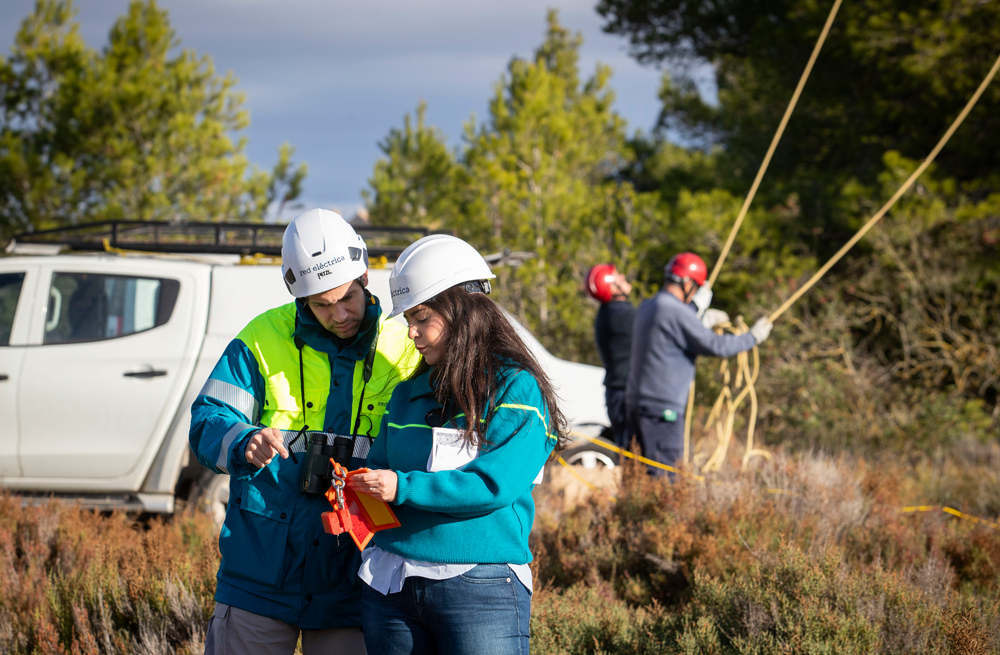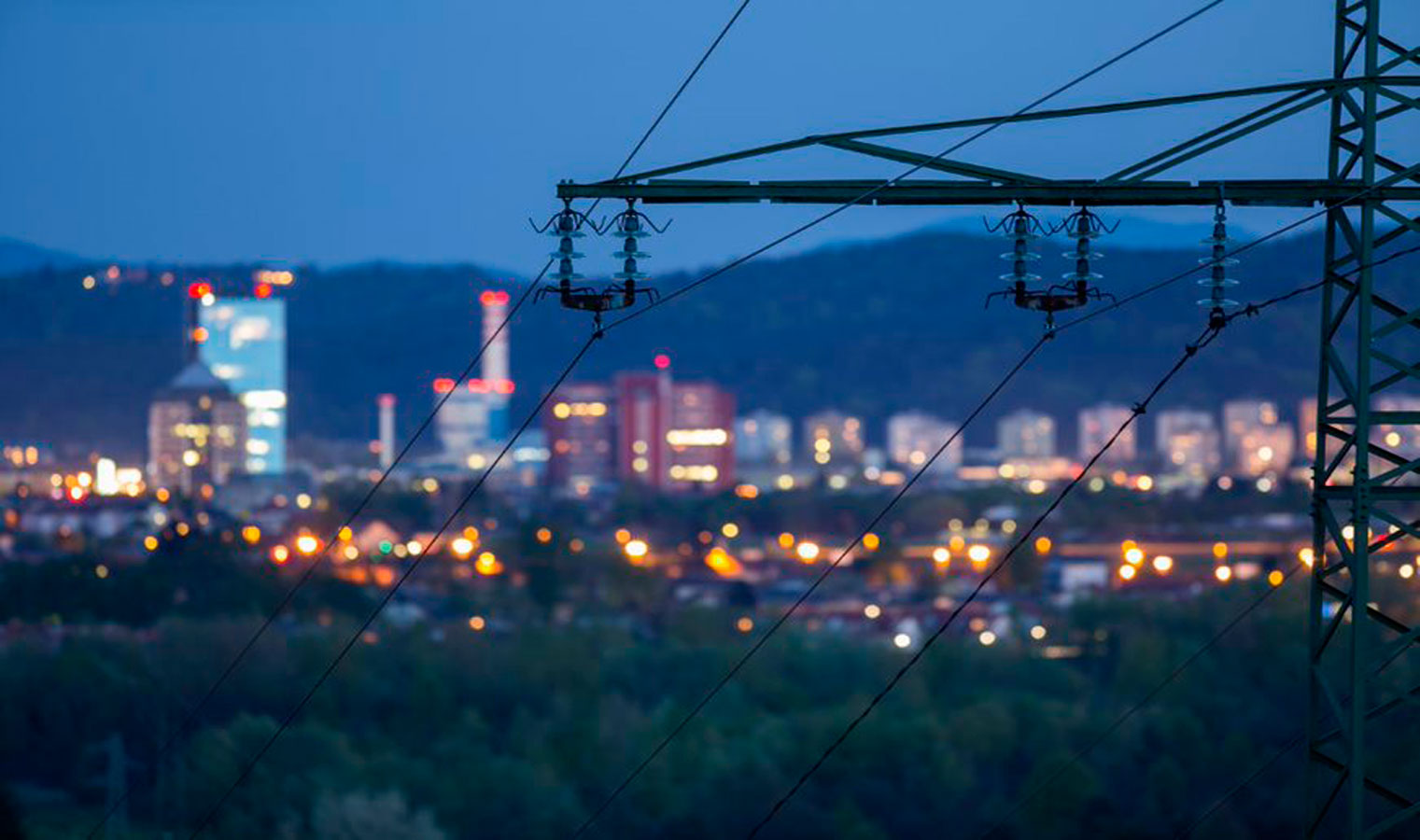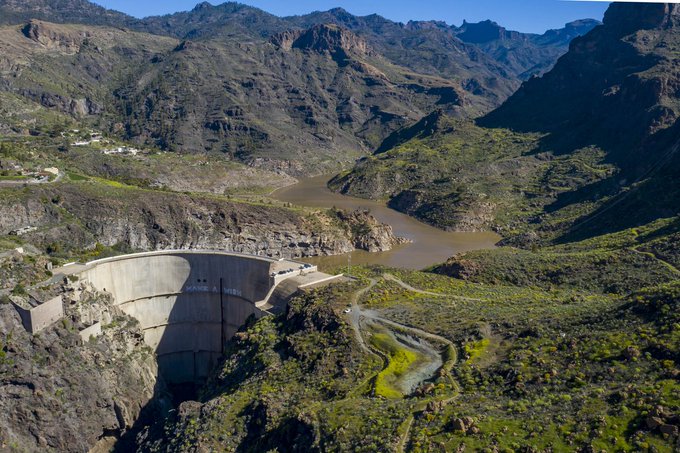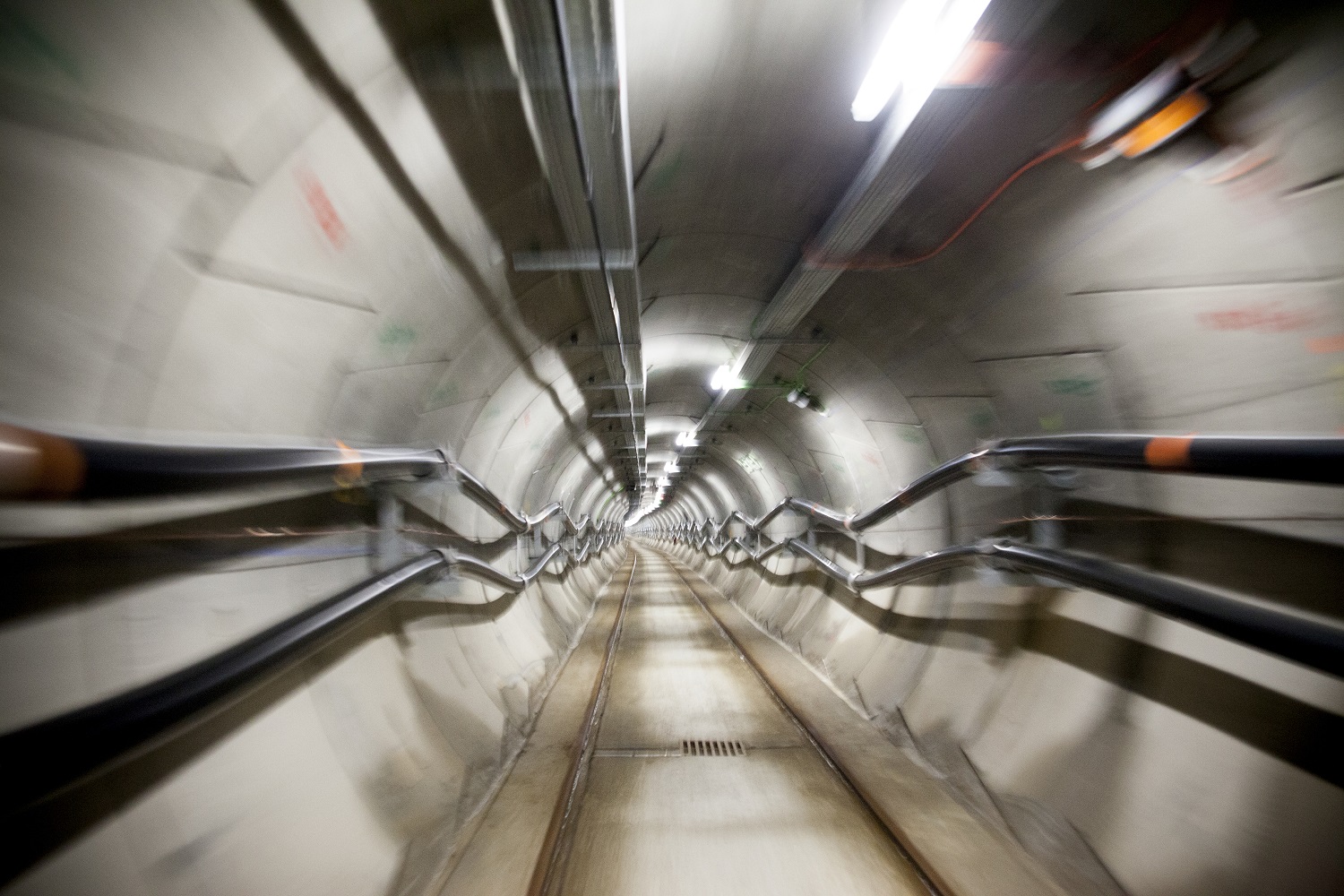Discover what Red Eléctrica is, what we do, and why we are the backbone of the electricity system in Spain and the ecological transition.
Red Eléctrica, Correos and AlmaNatura launch a new edition of Holapueblo, the initiative aimed at repopulating rural areas
- The Project helps entrepreneurs to settle down and develop their business ideas in rural surroundings by putting them in contact with villages that would enable them to carry out their life and business plans there.
- So far, Holapueblo has supported 30 people in making a change in their lifestyle and opening for business in unpopulated regions of Spain, where seven of them have now moved in and started up their activity.
Grupo Red Eléctrica, Correos and social enterprise AlmaNatura have reached an agreement to produce the second edition of Holapueblo (‘Hello village’), an initiative that aims to repopulate unpopulated regions of Spain by providing support to entrepreneurs so that they can settle and implement their business plans in rural communities. To this end, they advise them on their business plan and facilitate contact with villages that will enable them not only to develop their project but also to start a new life there.
Holapueblo is the first digital platform to facilitate contact between people who are interested in setting a business up in a rural location with municipalities that are looking for new residents.
The project provides a direct response to Sustainable Development Goals 8, 10, 11, 12 and 17 through the relocation of new entrepreneurs to rural areas, the promotion of environmentally sustainable businesses, the generation of a positive impact on rural communities and the reactivation of that territory’s economic activity.
“Grupo Red Eléctrica is present in two out of every three villages in Spain and cannot turn a blind eye to the problems of territories we are operating in. One such problem, depopulation, has led to five people leaving rural areas in Spain every hour. The lack of population means that municipalities are being abandoned, leading to serious social, environmental and economic consequences that affect not only the local population living there but also those living in more densely populated areas. For this reason, now that the pandemic has made the rural environment the first option for many people, and now that remote working and training have become more important, we are supporting those who are willing to go and live in our unpopulated regions and reactivate their economy”, explains Grupo Red Eléctrica’s President, Beatriz Corredor.
On the other hand, President of Correos, Juan Manuel Serrano points out that “Correos wishes to be perceived as a company that is concerned with the development and progress of all citizens, regardless of where they live, so our goal is to make life easier for them and to promote their well-being. The public service vocation at Correos makes us a key player in the task of uniting and proving the territory with a structure, something that is achieved by maintaining a physical presence that ensures access to public services to the population as a whole, as we have more than 2,300 offices spread all over Spain. We are strongly committed to defending the rural environment. Precisely the demographic challenge and the contribution to the local economy, on the one hand, and the contribution to the Sustainable Development Goals (SDGs), on the other hand, are a fundamental part of our Sustainability Plan”.
Meanwhile, Juanjo Manzano, Managing Director at AlmaNatura, highlights the fact that Holapueblo having a digital format is one of its strengths in these Covid times. “It features a digital-tools-based process, thus helping entrepreneurs to acquire new skills that will be highly useful to them in this new reality. In addition, its initial commissioning has added new advantages, such as providing basic services to participating municipalities or helping prevent that people who are residents leave, remaining and starting their business there”.
Assessment of the first edition
The first edition of Holapueblo, which was launched as a pilot scheme, has helped a total of 30 people through individual mentoring sessions related to their idea of entrepreneurship, and accompanying them in their search for a municipality where they can settle. So far, seven people and their families have made the move and their businesses are up and running. Some of the businesses to have been started up include an itinerant optician’s, an online zero-waste store, an online entertainment start-up, an outdoor leisure advisory service and a management service at an estate that is dedicated to regenerative agriculture.
A total of 52 towns and seven provincial governments -Huesca, Teruel, Burgos, Palencia, Soria, Guadalajara and Cuenca- participated in the first edition. Now, the collaboration on the part of Correos will facilitate Holapueblo's scalability, and will enable it to reach a larger number of entrepreneurs and municipalities.
In order to participate in Holapueblo, entrepreneurs need to have a well developed and viable business plan. For their part, municipalities must have at least 1,500 inhabitants and a minimum level of basic services in order to cater for new residents and their families and for them to develop their businesses. These services include good internet connection, a good choice of housing, a doctor’s practice and school, among others.
Therefore, when it comes to choosing a destination, entrepreneurs from the first edition have shown a preference for villages that offered a wide range of availability and prices in housing options, facilities for setting up their businesses, an active business landscape, necessary specific aspects for their businesses (climatology, proximity to woodland areas, an active tourism industry, etc) and other prior bonding factors such as family origins and roots, prior contacts and a knowledge of the territory. A key factor in all of them was the support provided by the municipal administration both in responding to entrepreneurs’ doubts and questions as well as its role as host. “It is necessary that these organisations share their knowledge of the territory, that they be involved in the goal of attracting permanent residents to the rural community and that they have the necessary human resources and infrastructures to support and accompany entrepreneurs in this life-changing process”, AlmaNatura explains.
The project has won the Innovation+Sustainability+Network Prize in the category of Large Business, awarded by Expansión, Bankinter, Viesgo and IE University.










